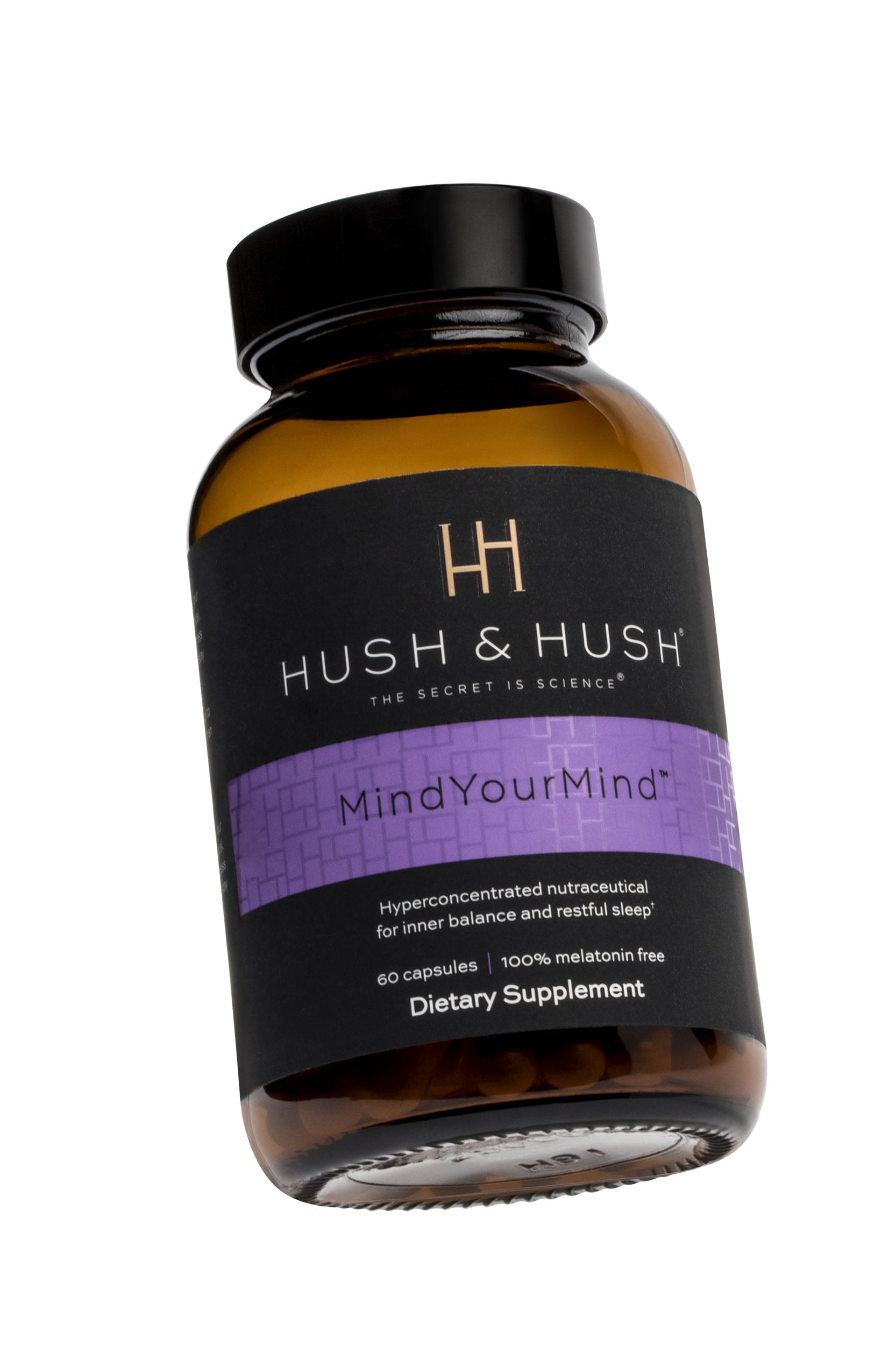- SAVE 25% WHEN YOU SHOP TODAY.
- AUTO APPLIES in cart.
- Memorial day savings!
- SAVE 25% WHEN YOU SHOP TODAY.
- AUTO APPLIES in cart.
- Memorial day savings!
- SAVE 25% WHEN YOU SHOP TODAY.
- AUTO APPLIES in cart.
- Memorial day savings!
- SAVE 25% WHEN YOU SHOP TODAY.
- AUTO APPLIES in cart.
- Memorial day savings!
What Is Millenopause?
While we can’t be sure of the exact reason, Millennials have become something of an immortal generation in the eyes of society. Maybe it’s the obsession with skincare or perhaps the secret lies in this generation having kids later on average. Whatever the contributing factors, society often seems to view Millennials as permanent early 20 somethings. In fact, some are far from this these days! While some of the youngest Millennials are currently around 28, the eldest are entering their 40s. Among other things, that means that menopause is on the horizon—or for some, a daily reality already. As such, a new term has emerged: Millenopause. Let’s talk about it!
What Is Millenopause?
Well, it’s basically just menopause. But because society has a penchant for believing Millennials aren’t at this stage of life yet, the term Millenopause has become popular.
When Does Menopause Occur?
Typically, menopause begins between ages 40 and 45. It usually lasts anywhere from seven to 14 years. Yes, that long! The idea that menopause is a quick transition is a common misconception.
How Can Menopause Impact You?
This is the major question, of course. What are the symptoms? You’ve probably heard about them from the older women in your life, but here’s a short list:
- Anxiety
- Difficulty sleeping
- Mood changes and mood swings
- Changes in skin conditions
- Hot flashes
- Night sweats
- Vaginal dryness
- Urinary urgency
- Breast tenderness
- Worsening of PMS
- Irregular periods
- Hair loss or thinning
- Headaches
- Racing heart
- Changes in libido
- Join and muscle aches and pains
- Weight gain
- Difficulty concentrating or memory lapses (usually temporary)
Yea … it doesn’t sound good. But keep in mind, almost no one has all of these symptoms! This is just the full range of things that some women experience. Still, mood changes and mood swings, irregular periods, hair loss or thinning, hot flashes, and difficulty sleeping are among the most common symptoms of menopause. These are all things one should be on the lookout for when anticipating Millenopause!
On that note, anticipation is key. The more prepared you are to undergo menopause, the less traumatizing and challenging it is likely to feel. We always recommend lending thought to a major life change—especially ones that involve hormonal shifts—in advance.
Don’t worry, we’re going to help! Because many of Hush & Hush’s best-selling products are perfect for those preparing to deal with Millenopause. Millennials, take note!
How to Combat Millenopause Symptoms
Take DeeplyRooted and MindYourMind
Like we mentioned, hair loss or thinning and difficulty sleeping top the list of the most common menopause symptoms. We can help with that!
Our DeeplyRooted supplement is designed to support luscious locks at all stages of life. Menopause is included. DeeplyRooted boasts a clinically proven suite of ingredients that support hair from follicle to end. When major hormonal shifts deplete you of a vitamin or mineral essential to healthy hair, DeeplyRooted replaces it.
Second, we must mention MindYourMind. Because it is formulated to encourage a relaxing, restful night, this supplement makes for a great menopause relief partner. Tryptophan, valerian root, holy basil leaf, magnesium and more will combat that hormone-based insomnia. It is also melatonin free, and you can read more about why we believe in that here!
Prioritize Calcium
Most doctors recommend supplementing with calcium and focusing on high-calcium foods when approaching or going through menopause. This is because during and after menopause, bone loss begins to occur. Ensuring that you’re getting enough calcium during this time can be game changing.
Do the Right Exercise
As with many female hormone shifts, low-intensity exercise can be especially beneficial. In general, it’s great to keep up with whatever workout routines you’ve enjoyed previously. But low-intensity activities like Pilates, yoga, brisk walking and biking are fabulous go-tos.
Eat Well
In menopause—or Millenopause—that means adding fortifying and hormone-balancing foods. We love this list from Everyday Health:
- Yogurt
- Lean protein
- Salmon
- Spinach
- Almonds
- Quinoa
Stay Hydrated
We actually skipped one on that article’s list, because we want to make it its own bullet point: water. Hydration is always so important, but when you are going through Millenopause, it is doubly so. As we age, our body stops retaining moisture with as much effectiveness as it used to. This is one reason menopause can result in dryness (vaginally, on the skin, etc.). Staying hydrated is a major step toward soothing this unpleasant symptom.
Millenopause might feel like a frightening prospect, but menopause is such a natural part of the lives of women. In many ways, it is the culmination of a beautiful cycle. If you ask us, it represents the beginning of a lovely new chapter of life. By understanding it and taking steps to help your body manage this major shift, you can experience menopause with fewer challenges.
We hope this blog post inspires you and helps you to do just that!



